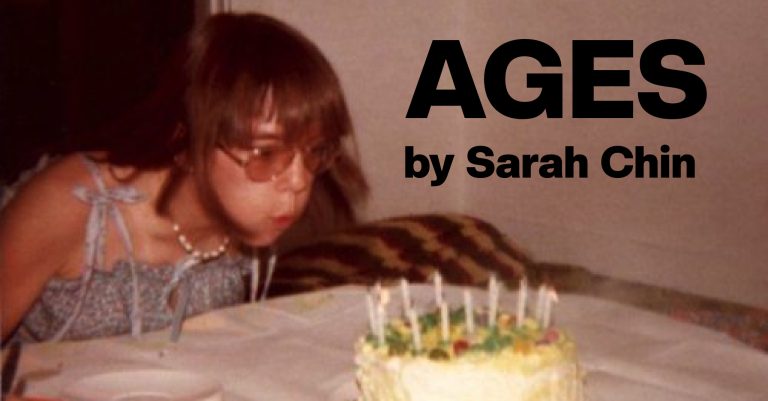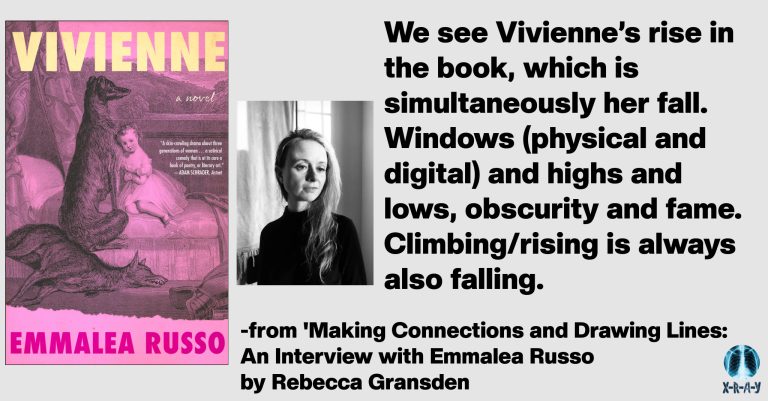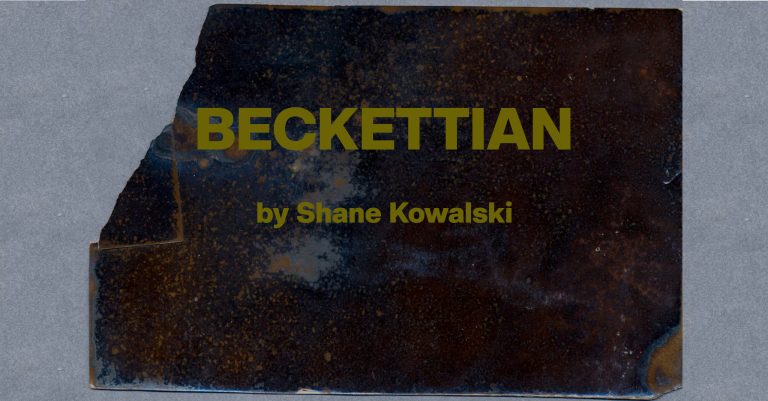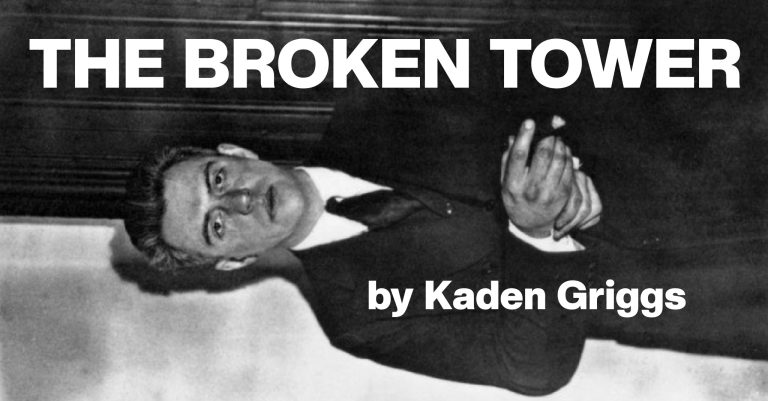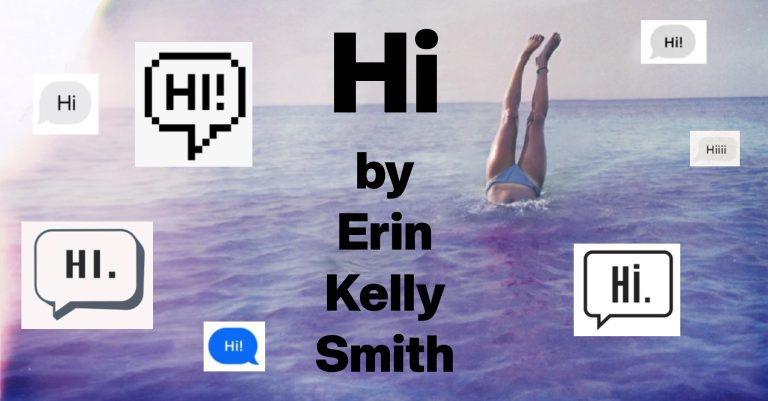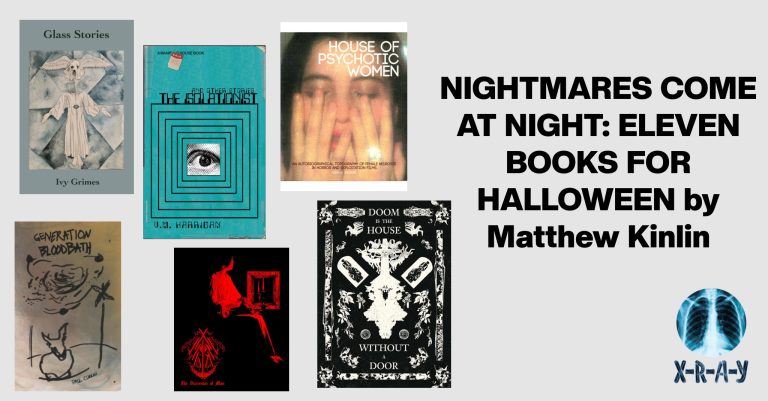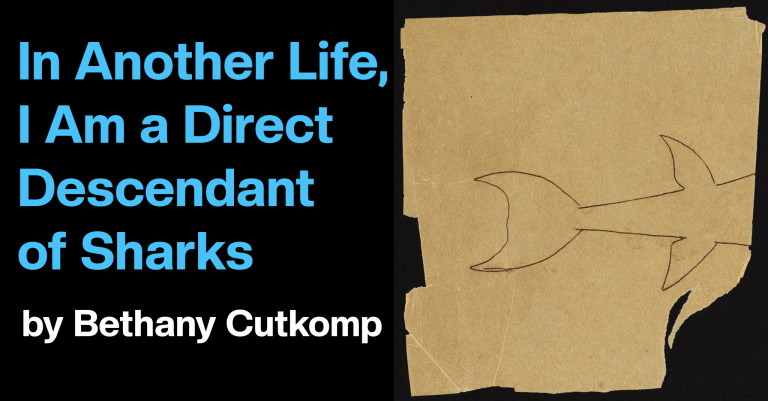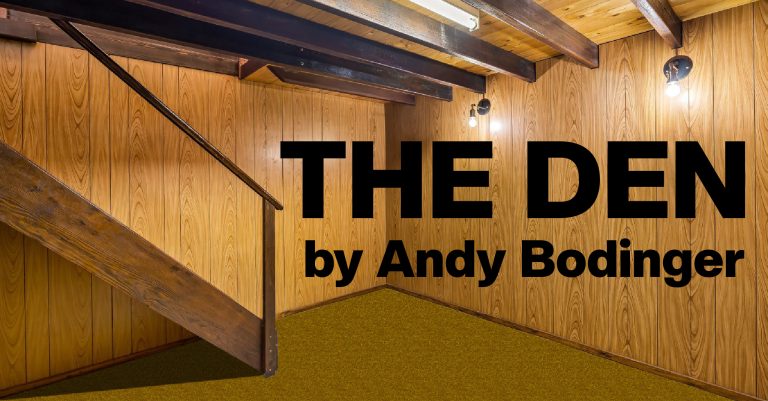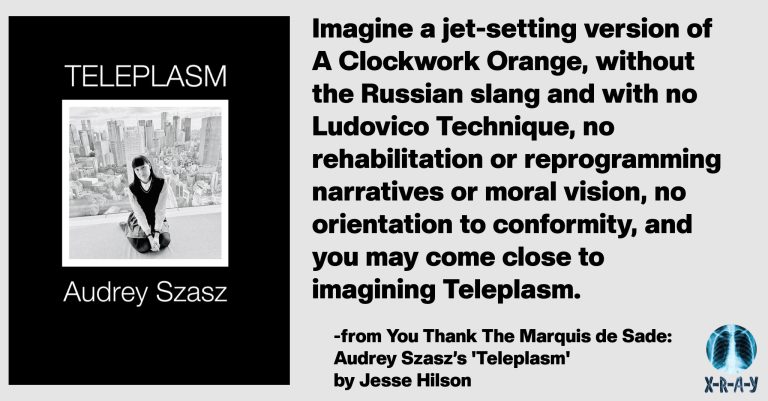
YOU THANK THE MARQUIS DE SADE: AUDREY SZASZ’S ‘TELEPLASM’ by Jesse Hilson
My dictionary of British slang tells me that “Sloane” was the first name of an insufferable female archetype of the upper class in the 1980s. When I saw that the protagonist of Audrey Szasz’s novel Teleplasm (Amphetamine Sulphate, 2025) was named Sloane Epstein it suggested great wealth and privilege crossed with echoes of the human trafficking, pedophilia, and white collar underworld of Jeffrey Epstein. Indeed, the novel exists in a narrative Petri dish of high-class travel, Internet media celebrity, psychological deterioration and pervasive sexual violence. Sloan Epstein is a young woman attached to a roving paranormal researcher Dr. Novák, her

